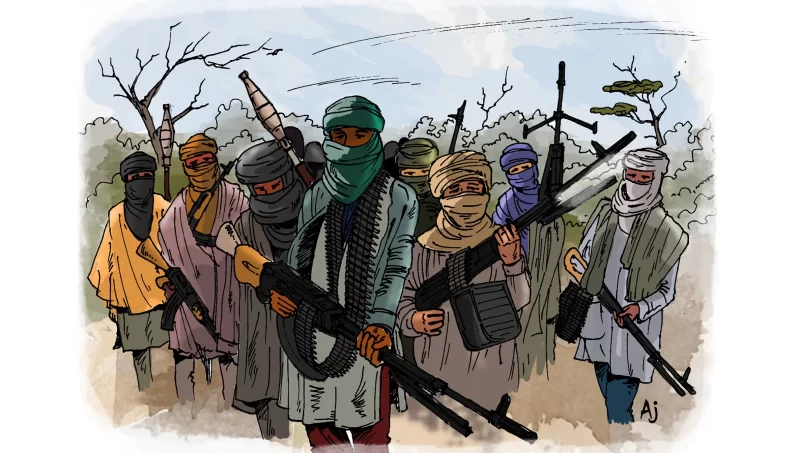Africa
Menace of Banditry to Education in Northwestern Nigeria, by Turaki Abdulhamid Yahya

The Northwestern region of Nigeria has been plagued by escalating banditry over recent years, posing severe threats to social and economic stability. Among the most affected sectors is education, where banditry has caused widespread disruption. Bandits frequently attack schools, abduct students and teachers, and instill fear in communities, which leads to the closure of schools. As a result, students are deprived of the opportunity to learn in a safe and secure environment. The constant threat of violence has left parents reluctant to send their children to school, particularly in rural areas where the presence of security forces is limited. This disruption significantly undermines educational development and limits the prospects of young people in these areas.
Beyond school closures and fear, banditry exacerbates the region’s already fragile education system by compounding infrastructural challenges. Schools are often destroyed or abandoned due to repeated attacks, further aggravating the shortage of educational facilities. Teachers, many of whom are already underpaid, are frequently targeted, leading to teacher shortages as educators flee the region or refuse postings in high-risk areas. This has left many schools without adequate staff, and in some cases, they are forced to operate with minimal resources. The decline in the quality of education and lack of access to learning tools deepen the educational gap between Northwestern Nigeria and other parts of the country.
The long-term impact of banditry on education is profound, particularly in terms of human capital development. A generation of students is growing up with limited or no access to quality education, which could lead to increased poverty, illiteracy, and unemployment in the region. Without access to education, young people may be more vulnerable to recruitment into criminal activities or insurgency groups. Addressing this menace requires a multifaceted approach that includes improving security in schools, supporting community-led educational initiatives, and investing in alternative learning platforms such as radio and online learning for students in conflict-prone areas. The government and other stakeholders must prioritize education in their efforts to restore stability and ensure that the young generation in Northwestern Nigeria is not left behind.
























